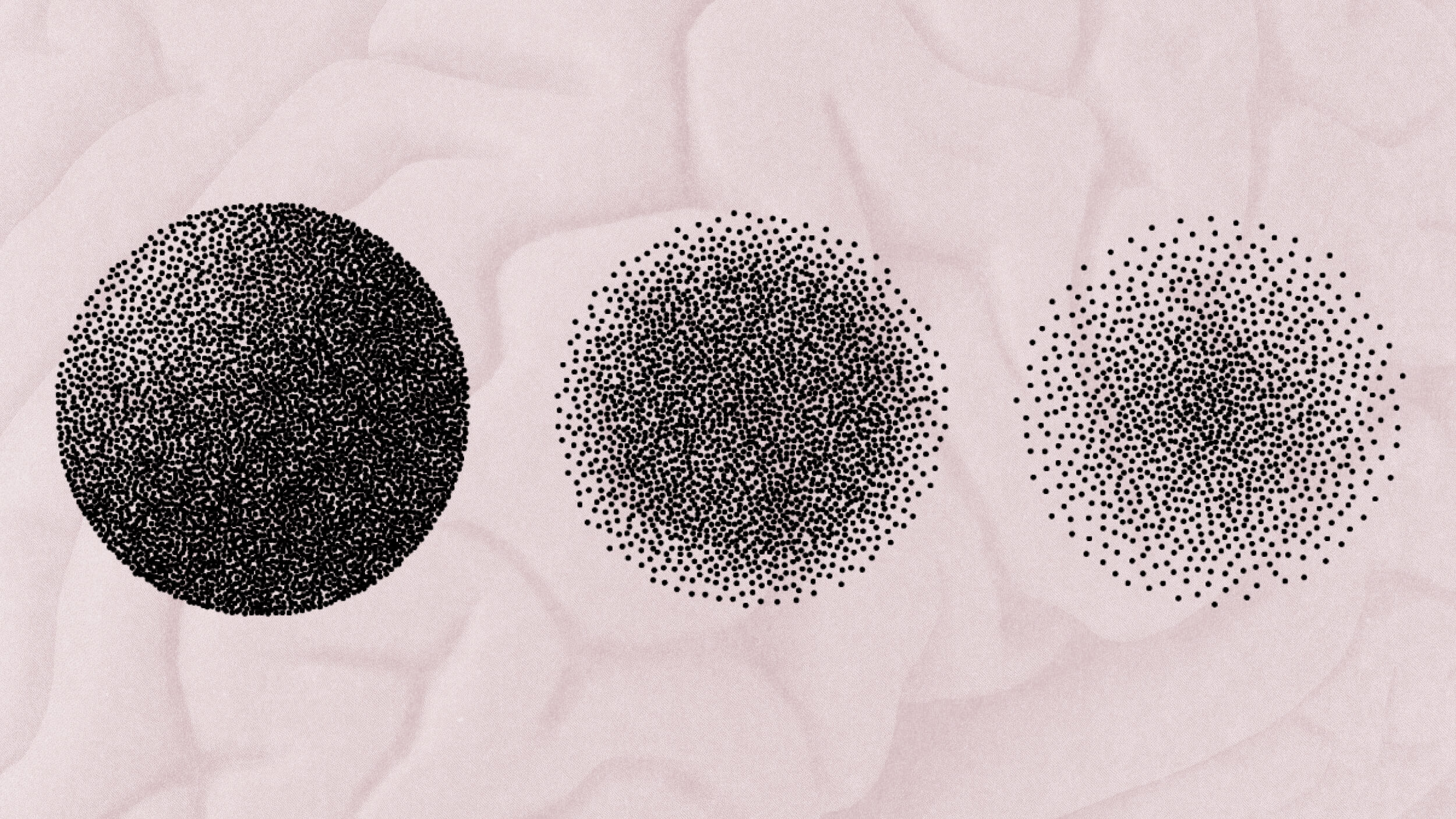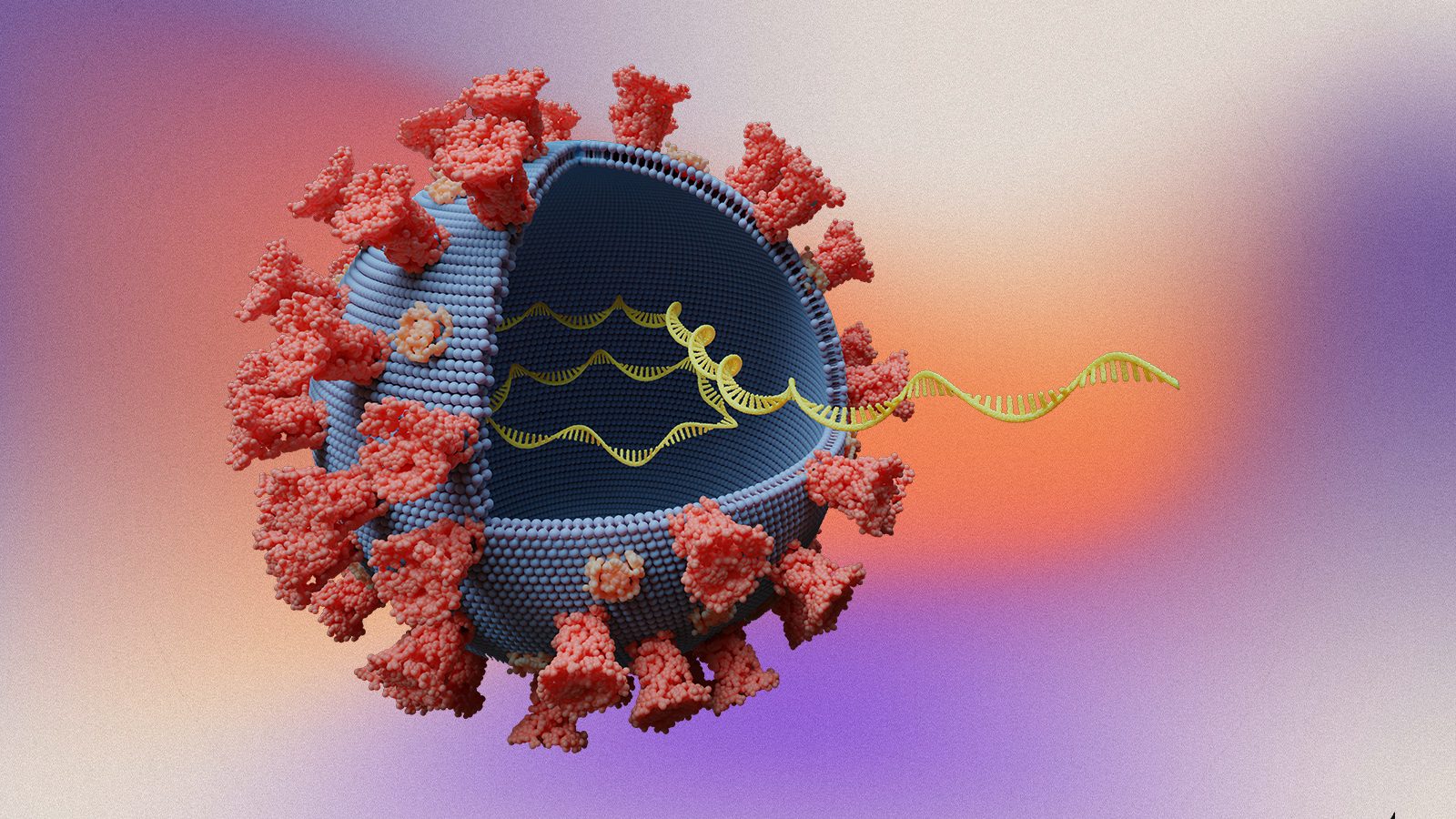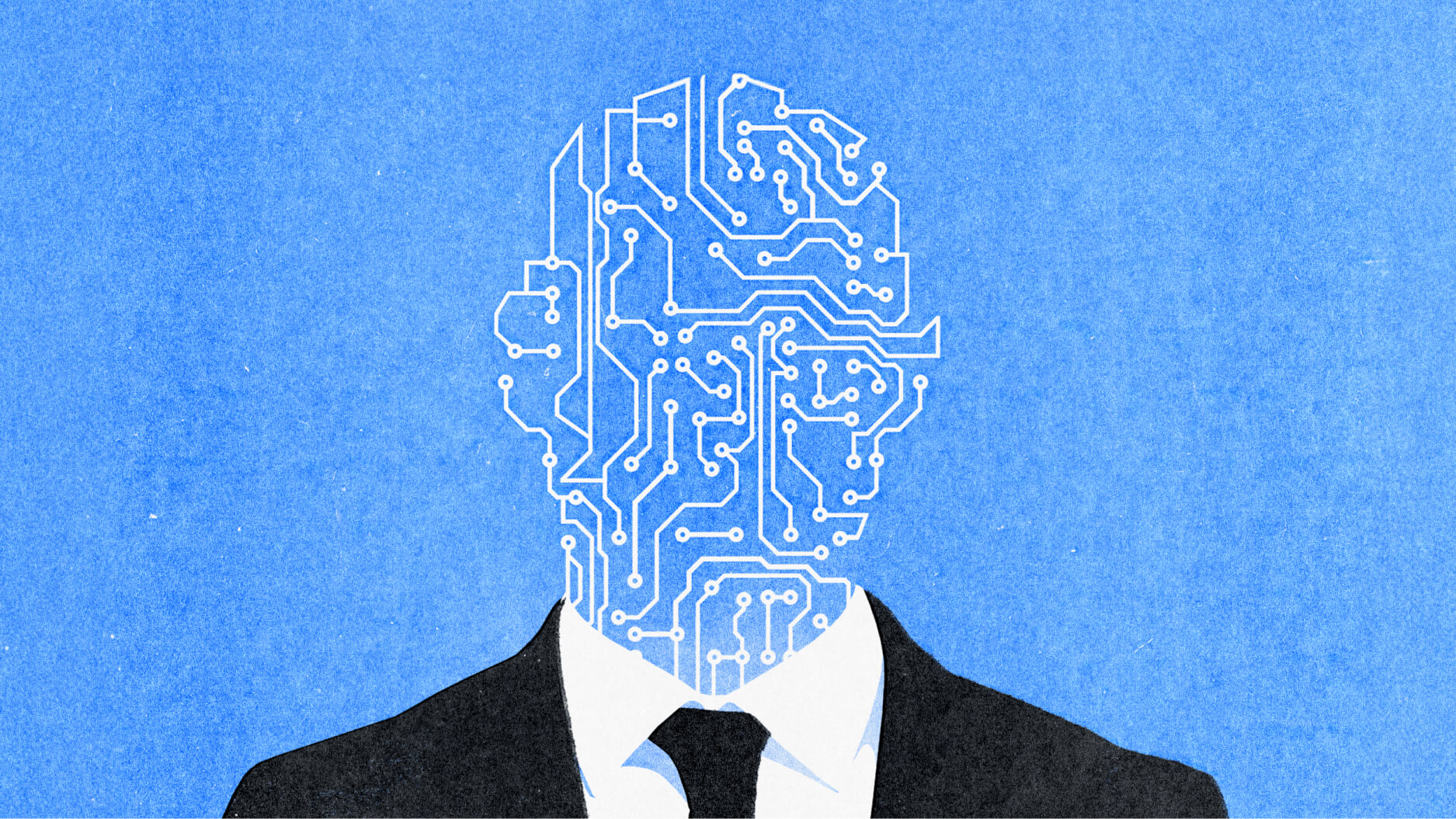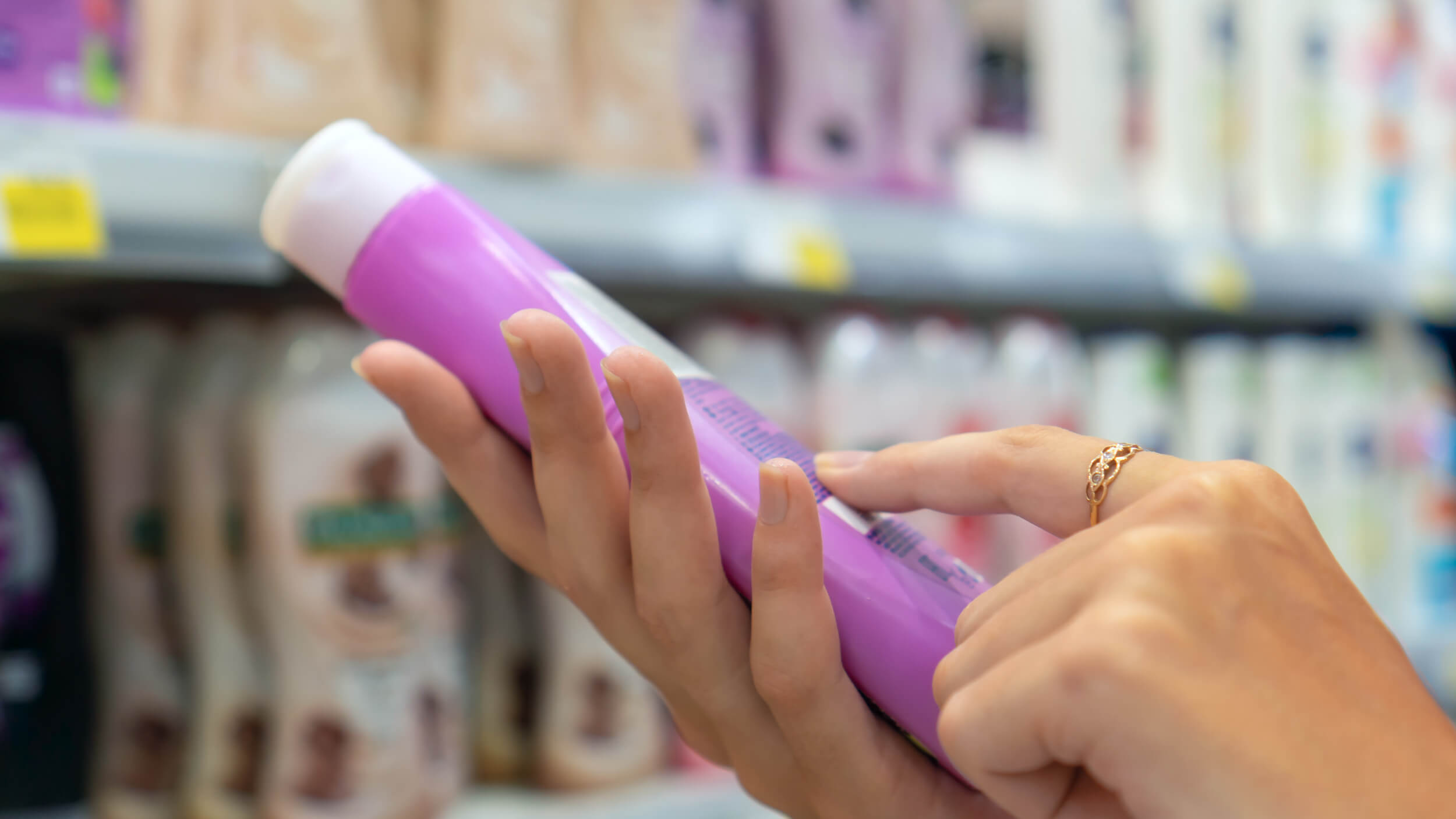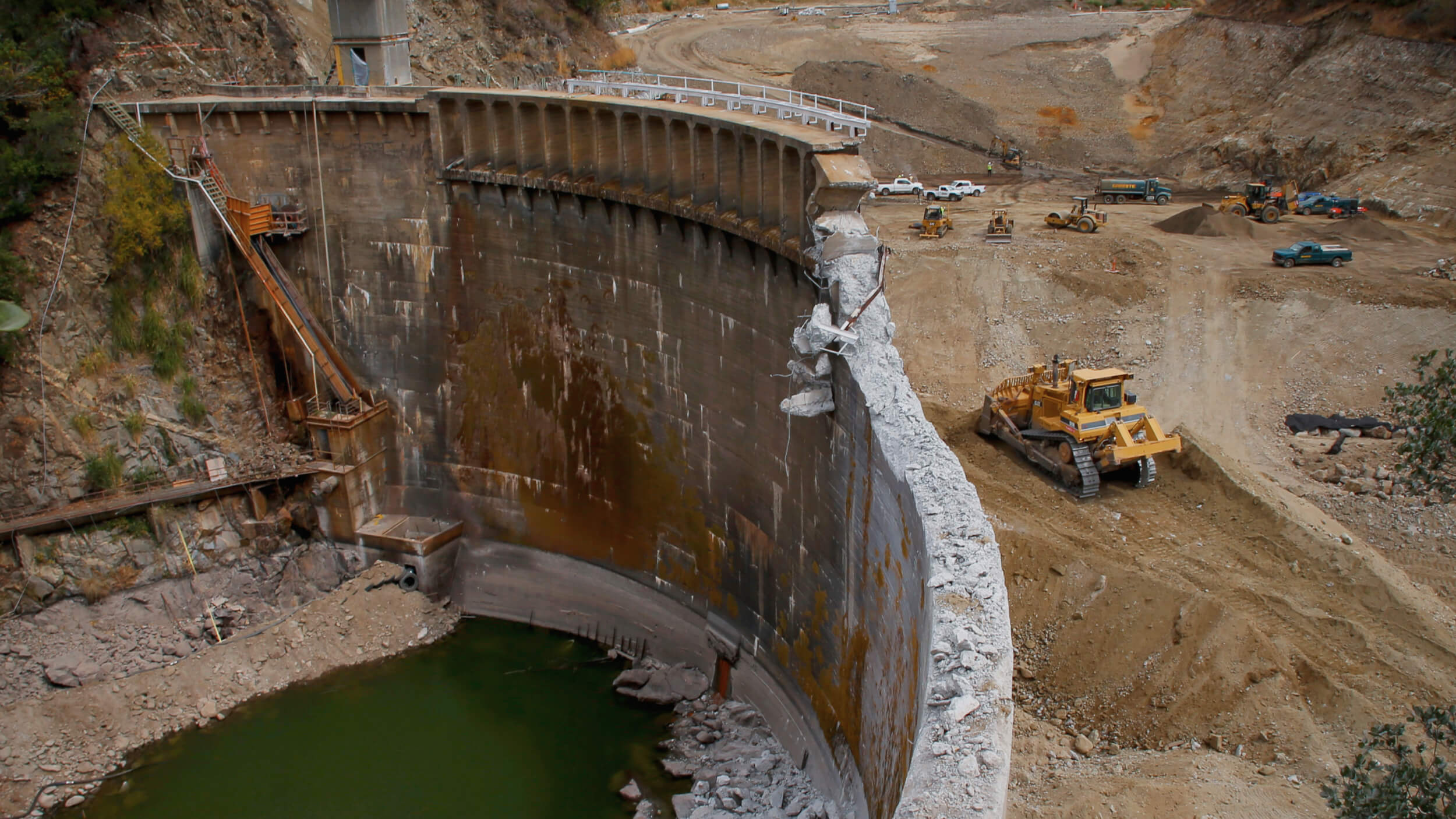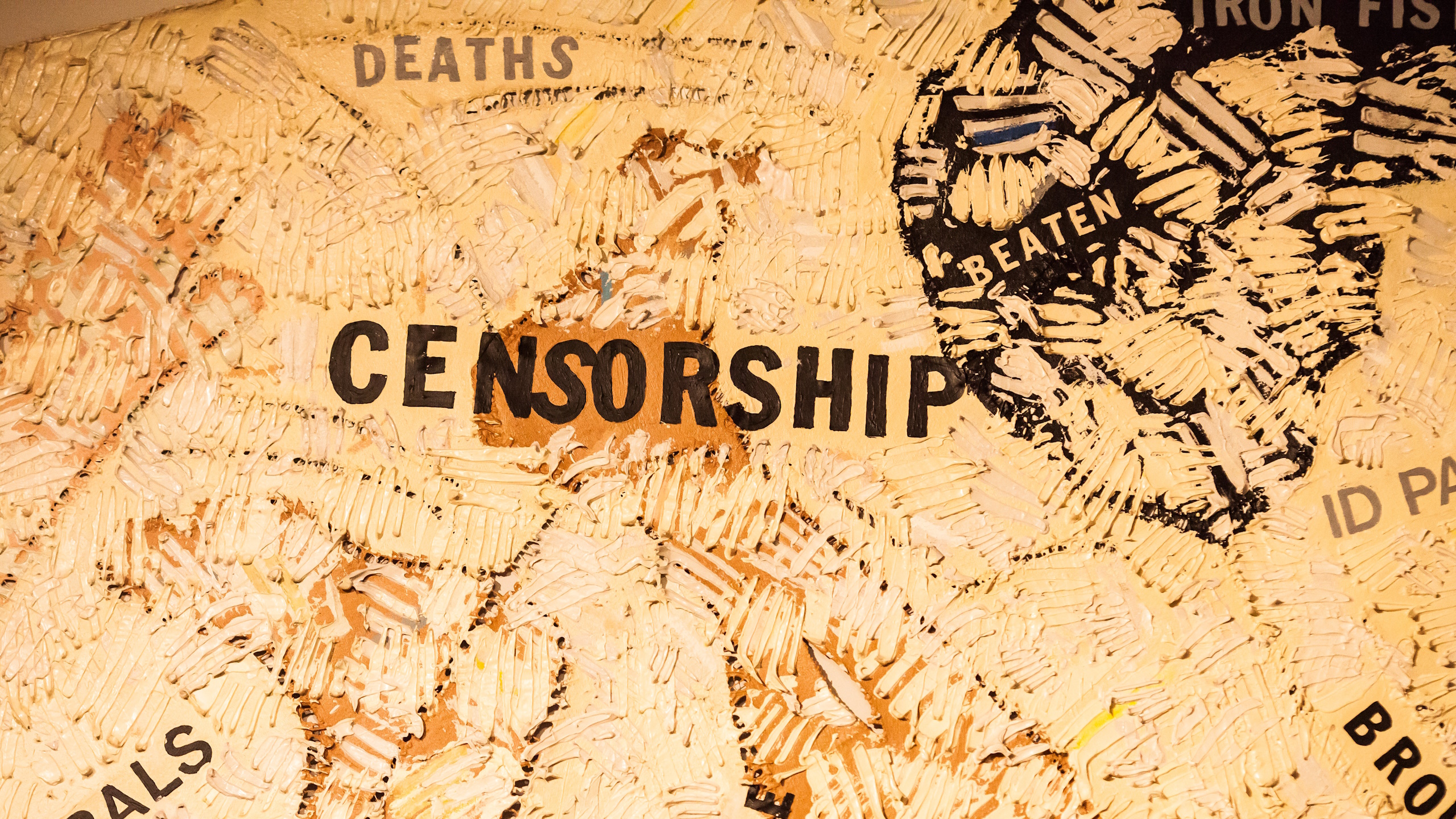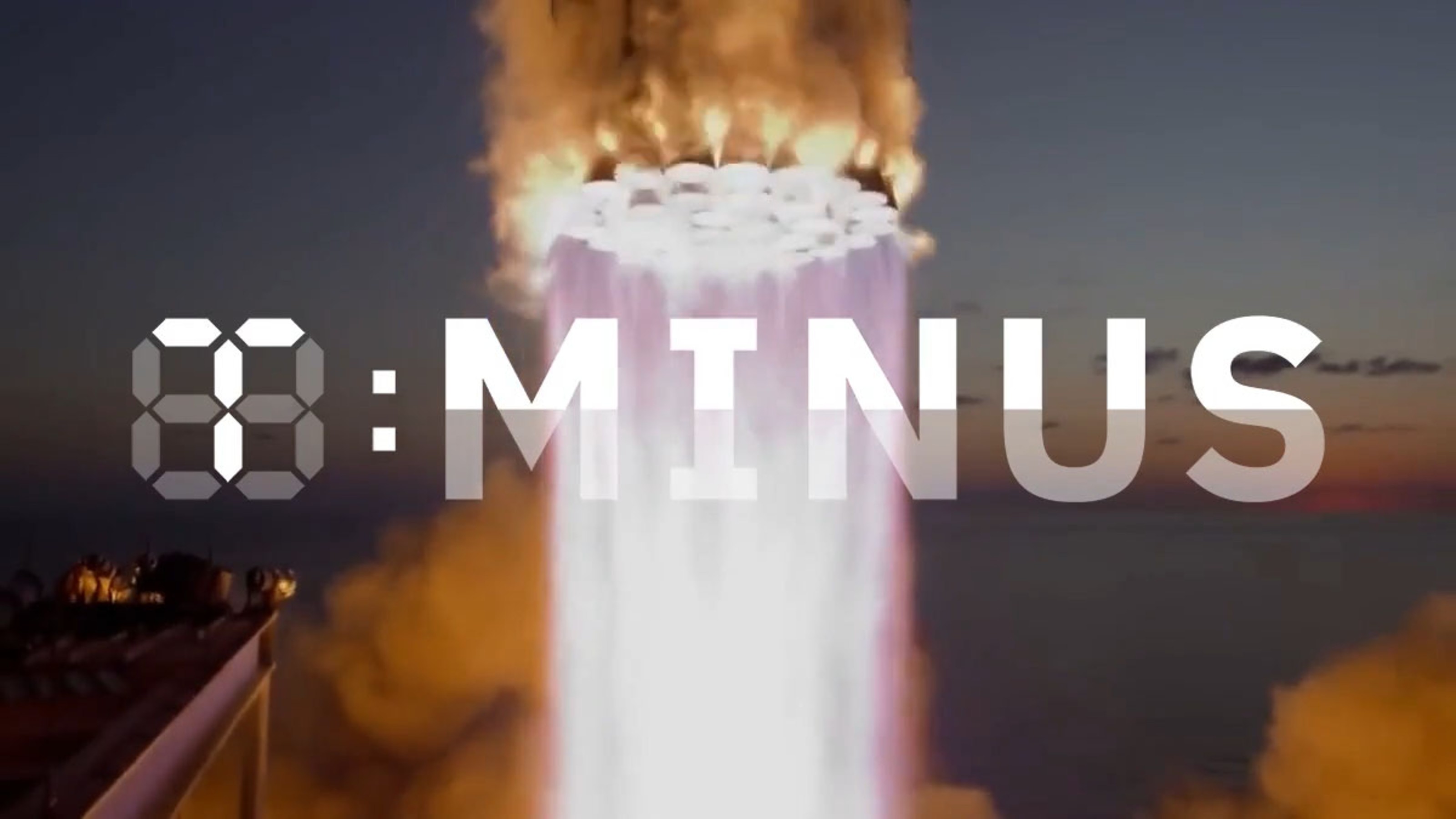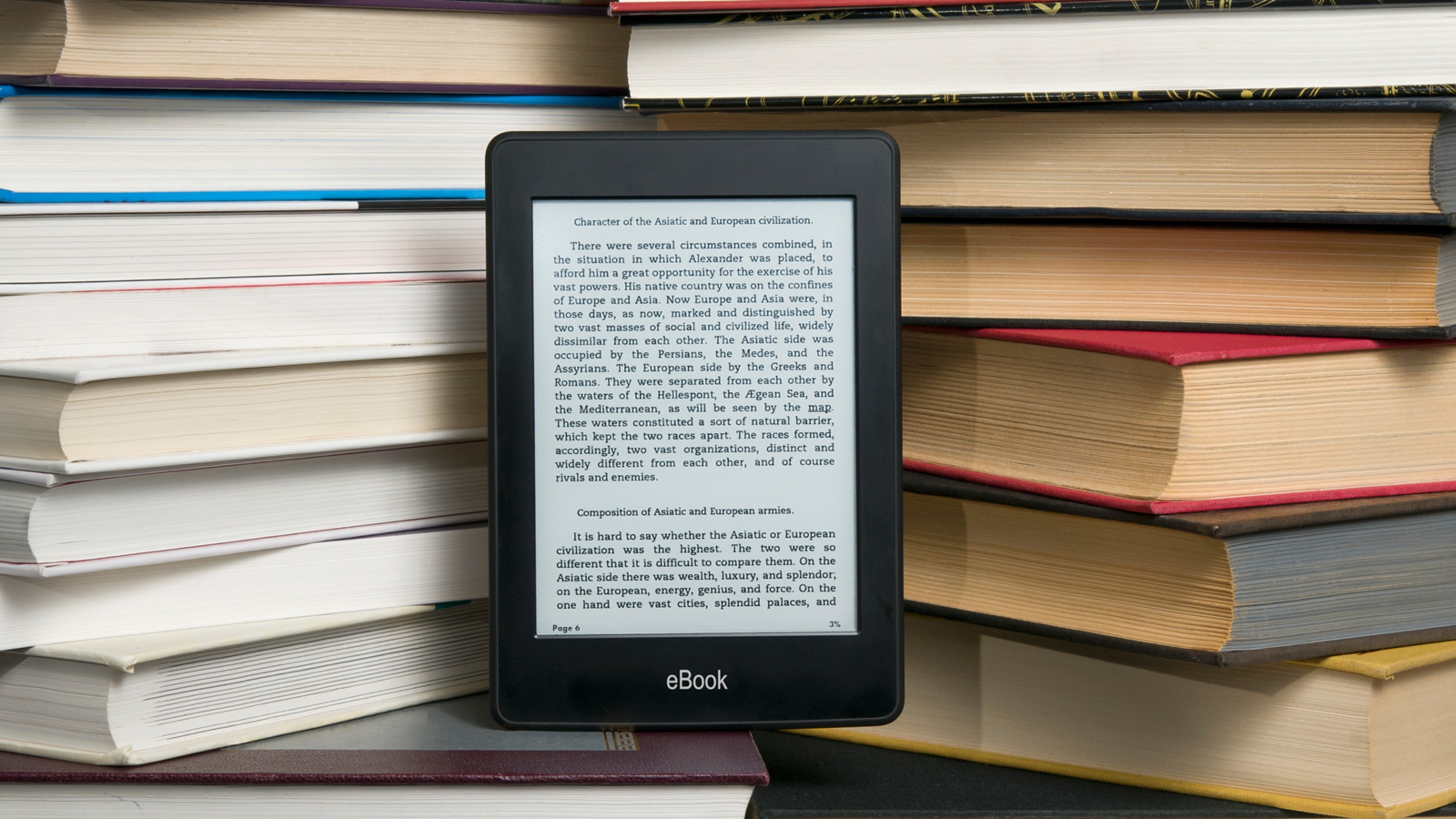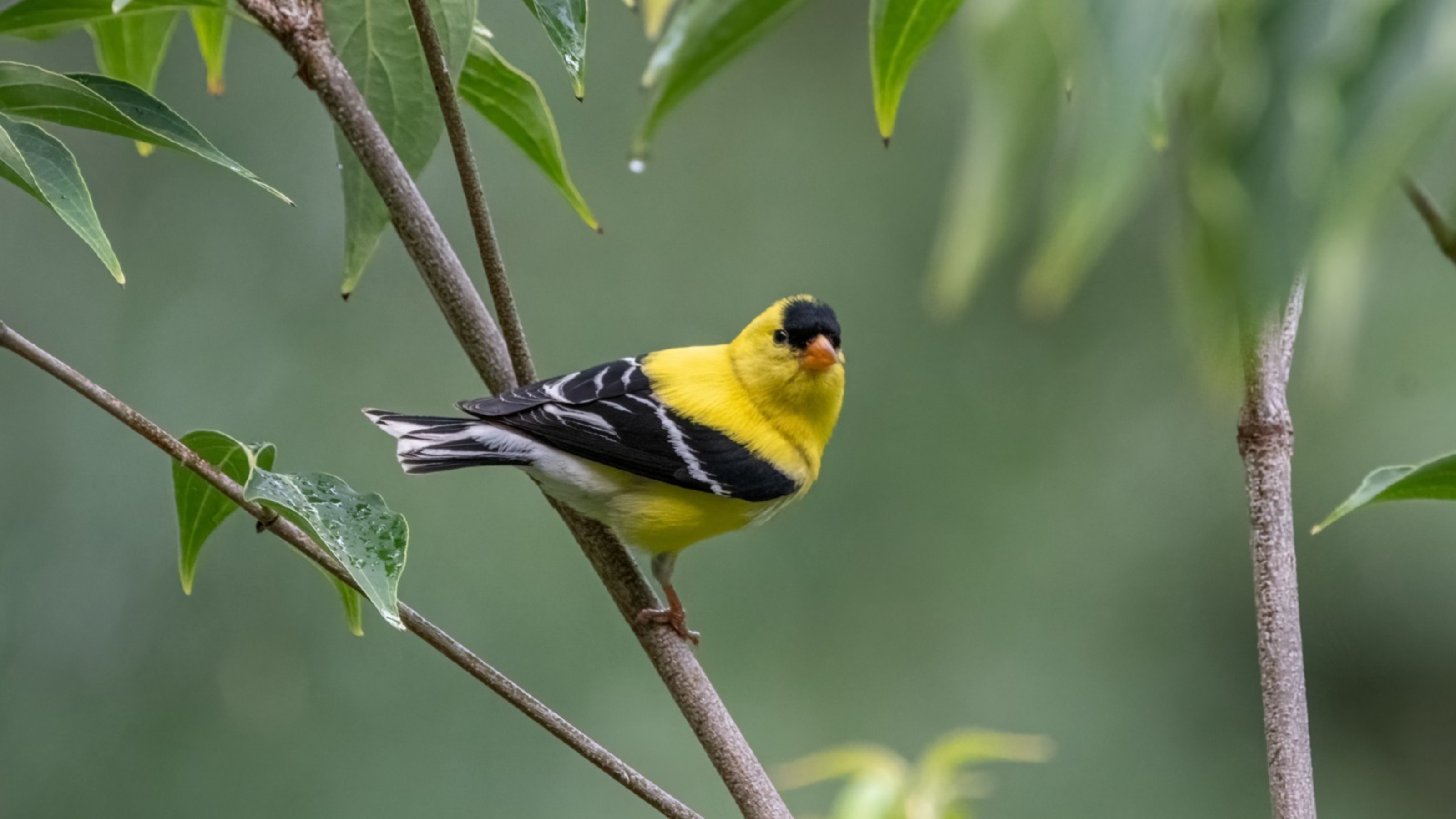Current Events
After drastic cuts to the NIH, the FDA, the NSF, and the DOE, NASA science faces down its smallest budget ever. All of society will suffer.
In theory, scientists could’ve produced a deadly virus that accidentally infected lab workers. In practice, we know that didn’t happen.
How much can you know about someone from a single belief?
By weaponizing the global economy, the U.S. initiated a new era of economic warfare and transformed how major powers compete.
A new bill introduced into the US Senate claims to make us safer. Instead, it would destroy all virology research, and for no real cause.
Conversational AI agents will have a major advantage over human salespeople.
Timothy Caulfield, a leading science communicator, discusses the challenges of combatting misinformation in an age of information overload.
Migration statistics should be regarded with wariness as they are difficult to analyze properly and easily manipulated for political gain.
Retrofitting America’s aging dams for hydropower — while removing ecologically harmful ones — may be a productive path forward.
“It’s only natural for us to get America back,” quipped Kim Kielsen, former prime minister of Greenland, in 2019.
Do we really need to be religious to run a society well?
With a flurry of threats to scientists, science funding, and health policy, the USA now faces a crisis reminiscent of Soviet-era Lysenkoism.
Effective leadership requires long-term strategy — not tactical reactions.
New telescopes, radio dishes, and gravitational wave detectors are needed for next-generation science. Will the USA lead the way?
In many ways, the rising anti-phone fervor in schools mirrors moral panics of the past.
Featuring SpaceX’s “Mechazilla,” a first-of-its-kind spacewalk, and more.
With undersea cables, AI education, and more, the tech giant is helping create Africa’s “digital decade.”
MAPS founder Rick Doblin speaks to Big Think about the FDA’s rejection of MDMA therapy and the future of psychedelic treatments.
An evidence-based policy movement is arming the fight with tools and programs that are more effective than ever before.
The cognitive scientist argues the current AI environment is failing us as consumers and a society. But it’s not too late to change course.
A CDC survey suggests America’s obesity rate may be falling.
“Personhood” credentials could cleanse the internet of bots — but are the costs worth it?
The nonprofit made a bold gamble on the limits of “fair use” — and federal courts have not backed their play.
Both nations made missteps, but China still has a chance to make up lost ground.
They’re in our brains, hearts, and blood — but what are they doing to us?
On November 25, U.N. members will meet in South Korea to cap off a series of meetings aiming to reduce global plastic pollution.
While we’re busy wondering whether machines will ever become conscious, we rarely stop to ask: What happens to us?
Off-the-shelf consumer technology is helping people pursue their interests — and advancing science at the same time.
Astronomer Adam Frank asks: With so many extraordinary claims, why can’t anybody produce the proof?
“The evolution of digital media makes stricter regulation of online behavior not only feasible but inevitable,” writes media ecologist Andrey Mir.


